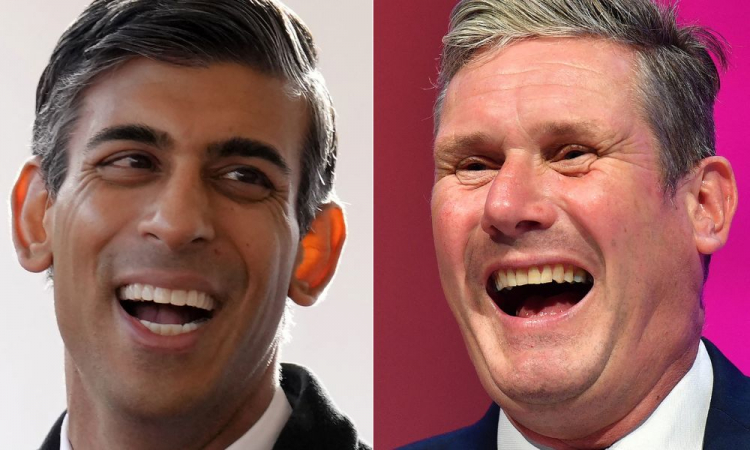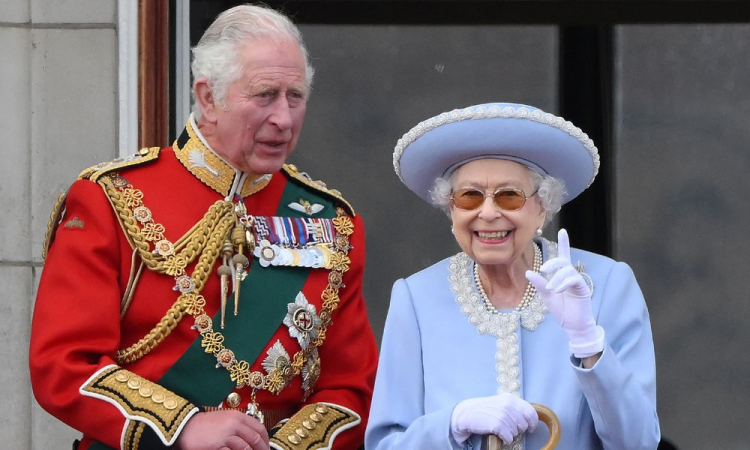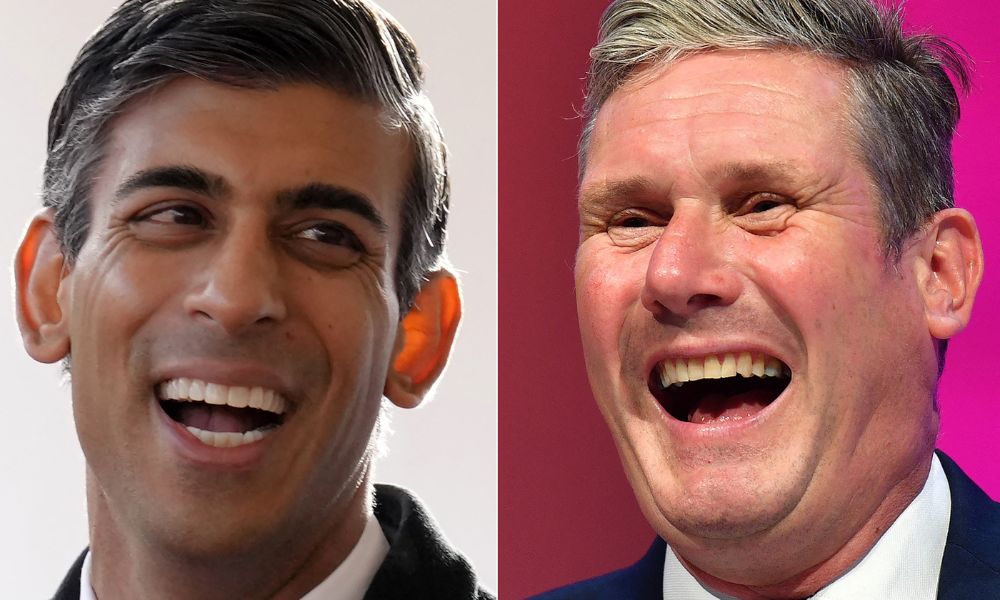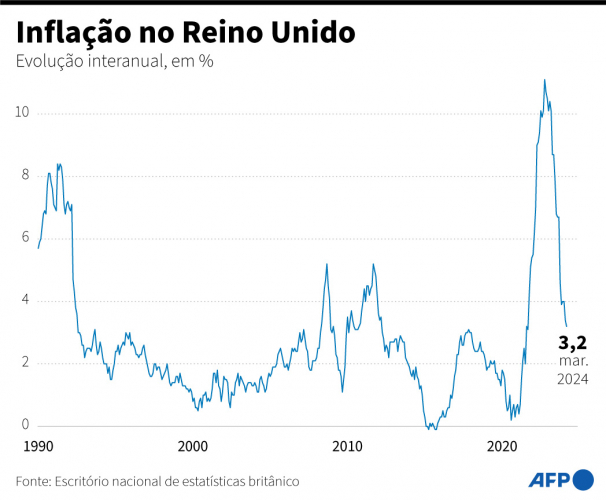Britons go to the polls on July 4 to elect a new prime minister; Fourth in less than two years

On July 4, the British elected a new Prime Minister. A fourth in less than two years is traditionally unusual in the United Kingdom, where historically, leaders have been in power for decades, such as Margaret Thatcher and Tony Blair, and they spend at least five years, if not decades. . One of the central issues with these British elections is that they are taking place in a completely different environment that puts even the country’s future at risk. UK. The country no longer exists BrexitThe Queen Elizabeth II Died and the nations belonging to the kingdom etc Scotland This is Northern Ireland, they want to disconnect. A separatist referendum has even been put on the agenda in both countries. “You have had four Prime Ministers and the last three did not participate in the election, the Prime Minister’s campaign promise Rishi Sunak “It has to be decided by the people,” says Igor Lucena, an economist and doctor of international relations at the University of Lisbon. However, while calling an election is “the best solution” at the moment, these changes in the British government “create an element of delegitimization, because the person leading the party is not the one elected by the people in a general election.” .

Follow Jovem Pan News channel and get breaking news on your WhatsApp!
For Vinícius Vieira, a professor of international relations at the Fundação Armando Alvares Penteado (Faap), Sunic’s strategy is a way he sees the Conservatives not losing badly and Labor winning overwhelmingly. “It seems that Sunac wants to make a move to cushion the losses of the Conservatives, the polls point to a victory, a Labor majority, the big question is how big is this majority?” After 14 years in power, the Conservative Party is about to say goodbyeBecause, as the polls show, Labor is leading by a good margin. Leftist Keir Starmer, 61, has 45% of the vote, while Prime Minister Rishi Sunak has 20%. A return to power by the Left would be unprecedented since 2010. To reverse the situation, the Conservatives announced a phase-out to reduce the quota for work and family visas issued annually, with the aim of reducing immigration. Publish the campaign for the July election. According to official figures, more than 300,000 work visas were issued in the fiscal year ending March 2024, more than double the number four years ago.
This week, the two faced each other in their first debate. The meeting took place in Salford, Northern England. Conservative Sunak, 44, said he had a “clear plan for a secure future”, while Starmer, 61, said he wanted voters’ support to transform the country. In a survey conducted by the Yougov Institute, Sunak was named the winner of the debate by 51% of those interviewed, while Starmer took 49%. For Igor Lucena, the elections will be “a referendum on the Conservative Party’s decisions on the UK’s new relationship with the EU”. Since Brexit in January 2020, the promised results have not happened. On the other hand, there is a huge gap between what was said before consent and what is recorded now. “There is a sense of poverty in society,” says Professor Vinicius Vieira. Sunak managed to improve inflation, but it was not enough to keep the Conservatives in power. “There is a big question in the English community about Brexit, the majority of the community does not approve of the results of Brexit, which have been approved and endorsed by the Conservative Party”, says Lucena.
“Brexit happened and the people themselves pressured the UK to deliver something it never delivered, which brought down many prime ministers,” adds the expert, who reinforces what we see in the UK today. “The importance of Prime Minister’s stability is that it directly contributes to the stability and development of the country”. Vinícius Viera highlights that, before Brexit, there was a ‘dominant’ agenda, which was against immigration, however, the change in relations with the European Union reduces the questions, so what is left to decide the political dispute is the economic agenda. “Economically, the UK has been stagnant for a long time. “In fact, to avoid attributing all the evil to Brexit, it is important to say that there were already signs of economic decline under David Cameron’s government,” says the professor.
Impact of change on the British Monarchy

Prince Charles became King Charles III after the death of Elizabeth II │Daniel LEAL / AFP
One of the things Lucena highlighted about the United Kingdom elections is that the United Kingdom itself is one of the biggest problems because its constituent countries want to leave. “Northern Ireland must hold a referendum within the next five years to bring about the reunification of Ireland. “If this happens, it will not be good for the United Kingdom, obviously, it will be good for the Republic of Ireland”, says the professor, noting that Scotland is also reading very difficult times. We see and continue to see a crisis of national unity in the United Kingdom, which is worsening with the loss of the Queen of England.” He added that. Queen Elizabeth II Died on September 8, 2022.
His eldest son, Charles III, succeeded to the throne, although the new king was unpopular with his subjects and the monarchy was losing strength. “Queen Elizabeth was probably one of the main elements that united the four nations of Ireland, England, Wales and Scotland,” he says. Charles II was yet to discover this national unity. “When you have political disunity and disunity at the biggest symbol of the country, it could be one of the talking points about what the party’s plans are to try to reunify the UK politically from an opportunity and employment point of view.” , at least for the next decade, the United Kingdom will no longer be united.

“Internet addiction in terminals. Award-winning beer expert. Travel expert. General analyst.”








More Stories
Oil falls for 4th consecutive session on US stocks and conflict in Middle East – Money Times
Youth development in UK poultry farming is a new initiative in international production
Robert F. Kennedy Jr. considers abandoning campaign and endorsing Trump